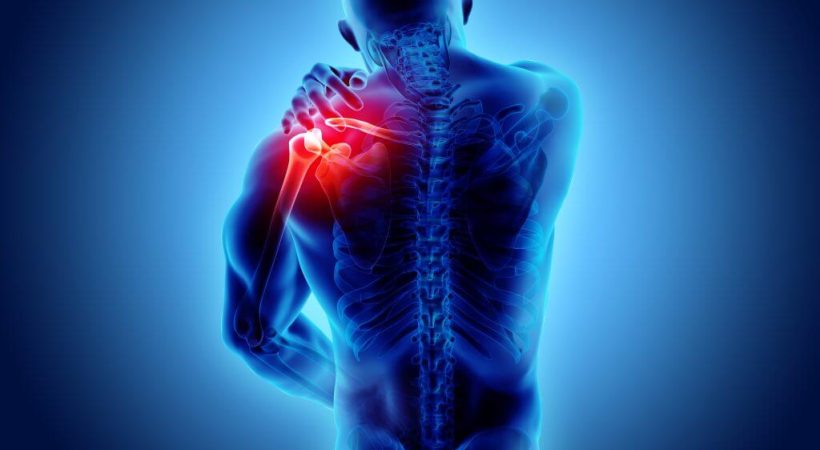Rotator cuff injuries occur when one or more of the four muscles and tendons of the rotator cuff (supraspinatus, infraspinatus, teres minor, and subscapularis) are damaged or strained, affecting shoulder stability and movement during activities like reaching, lifting, and throwing. They can result from repetitive overuse, trauma, or degeneration, causing discomfort and impacting shoulder function. These injuries commonly affect individuals engaged in repetitive overhead activities or sports involving frequent shoulder use, as well as those over the age of 40 due to age-related changes that make the tendons more susceptible to injury. Occupations with repetitive arm movements or heavy lifting also pose higher risk for rotator cuff injuries.
Rotator Cuff Injuries
The most commonly reported symptoms of rotator cuff injuries include shoulder pain, especially when lifting or reaching; weakness in the affected arm; difficulty in performing overhead movements; and reduced range of motion in the shoulder. Some individuals may also experience a clicking or popping sensation in the shoulder joint during certain movements. These symptoms can vary in intensity and may affect daily activities and overall shoulder function.
At Functional Restoration Institute, Dr. Kohen employs DNS protocols to retrain the brain for improved muscle recruitment and coordination during movement, leading to enhanced joint stability and function. Additionally, we incorporate fascial manipulation to restore proper tissue tone around the affected area, promoting better healing and joint function. This comprehensive approach not only targets the specific injury but also addresses the root causes contributing to the condition, promoting long-term relief and improved shoulder health. Our personalized treatment plans aim to empower patients with the tools and knowledge to manage their condition effectively and regain optimal shoulder function for a better quality of life.





